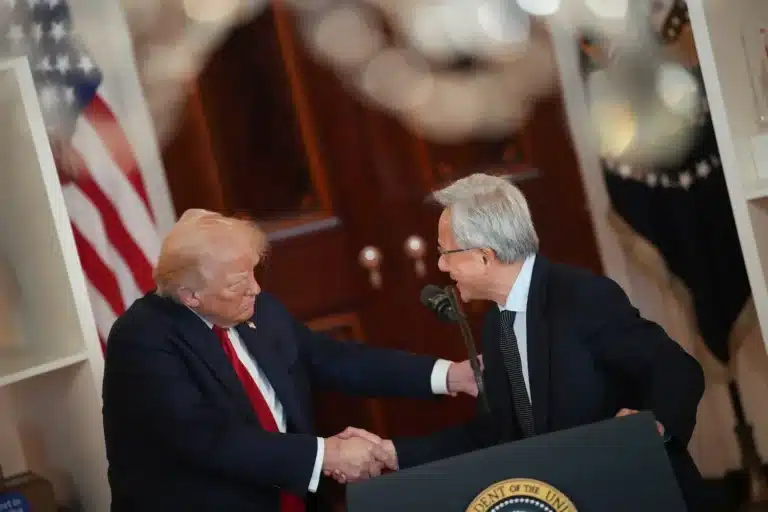Could a strategic lithium reserve kickstart US supply chain development?
NEW YORK -- A strategic lithium reserve is being mooted as a solution to stabilize volatile prices that have hindered American mining projects, allowi
Current Access Level “I” – ID Only: CUID holders, alumni, and approved guests only
When it comes to reducing greenhouse gas emissions in the U.S., the private sector is playing a bigger role than ever before, and that goes for some energy providers, too. Among them is Xcel Energy, the first major U.S. utility to pledge to go entirely carbon-free.
In this edition of Columbia Energy Exchange, host Bill Loveless sits down with Ben Fowke, the chairman, President and CEO of Xcel Energy, which in December announced a bold commitment to provide 100% carbon-free electricity to its customers by 2050. Not only that, but Xcel also set a goal of cutting the company’s carbon emissions by 80% by 2030, compared to 2005 levels.
Since then, other utilities have also unveiled major carbon-cutting initiatives. Among them Idaho Power and Public Service Company of New Mexico, with goals of 100% carbon-free electricity by 2045 and 2040, respectively.
Ben doesn’t pretend that achieving Xcel Energy’s goals will be easy and he tells Bill why. Nevertheless, he’s confident that the Minneapolis-based company, with 3.6 million customers in Colorado, Michigan, Minnesota, Texas and four other states, is off to a good start.
Bill caught up with Ben while he was in Washington to testify on energy storage before the Senate Energy and Natural Resources Committee. They talked about his company’s ambitious carbon agenda, including its growing reliance on renewable energy and its movement away from coal for electric generation.
They also discussed the role that natural gas and nuclear energy will play in Xcel’s resource plans and the challenges of finding the technologies necessary to make carbon-free electricity a reality for Xcel and other utilities.
Not surprisingly, the Green New Deal came up in their talk as did proposals for a carbon tax and other options for policymakers to consider in addressing climate change.
If it seems like you're hearing a lot more about geothermal energy lately, that's because this clean, firm energy source is at a technological turning point. With roots...
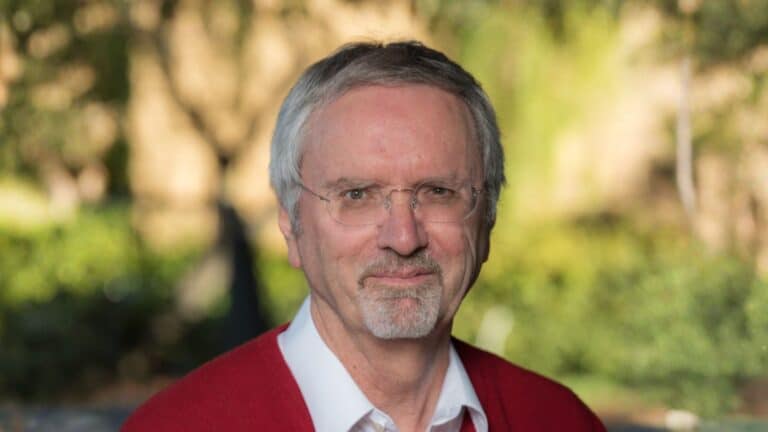
Investment in clean energy technologies is on course to hit a record $2.2 trillion this year, according to the International Energy Agency. That’s more than twice the amount...
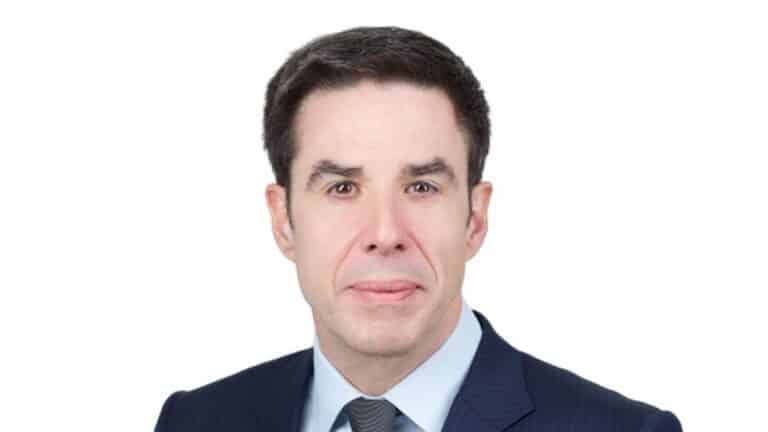
The national conversation around climate change is shifting. There’s more focus on energy affordability and demand, as well as on the dual role artificial intelligence plays as both...

The Federal Energy Regulatory Commission (FERC) regulates the United States’ energy transmission, pipeline networks, and wholesale rates for electricity. For much of its history, FERC was a little-known...
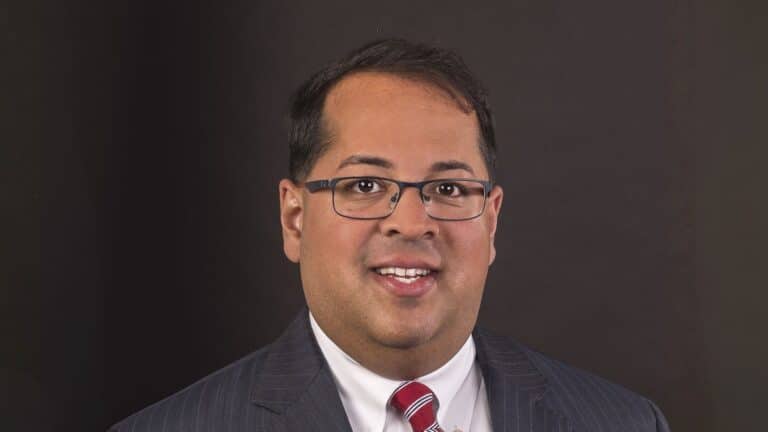
This Energy Explained post represents the research and views of the author(s). It does not necessarily represent the views of the Center on Global Energy Policy. The piece...
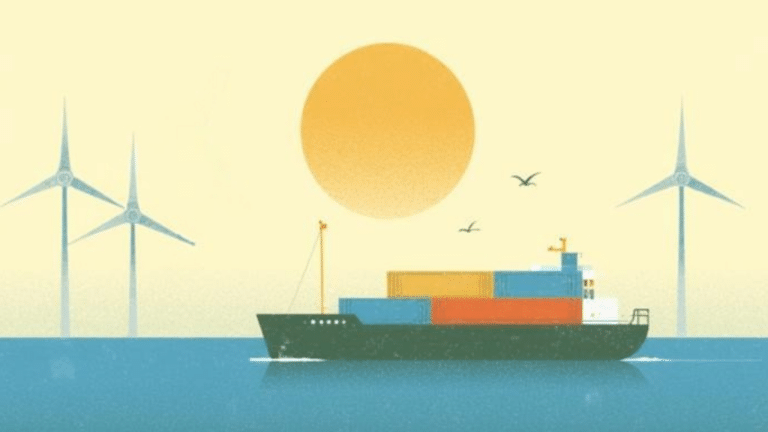
Geopolitical uncertainty associated with Russian gas exports could swing the range of those exports by an estimated 150 bcm per year.

From the east to west and north to south, in red states and blue states, attention to data centers is skyrocketing in state capitals across the United States.
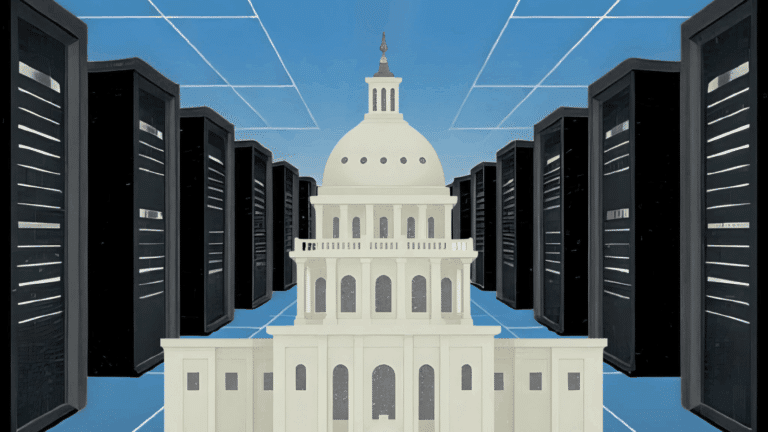
Trump’s latest proposal would cede the United States’ AI advantage.
